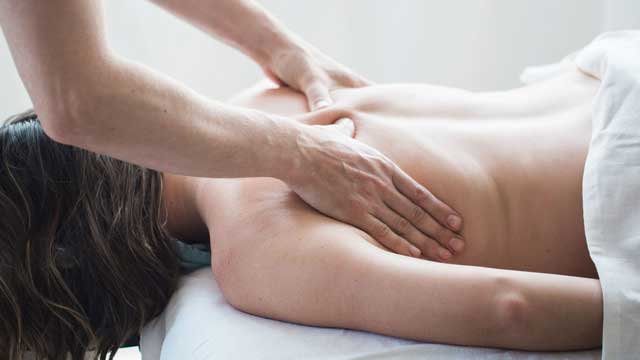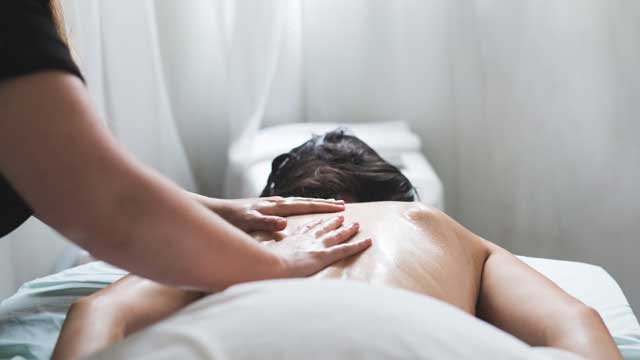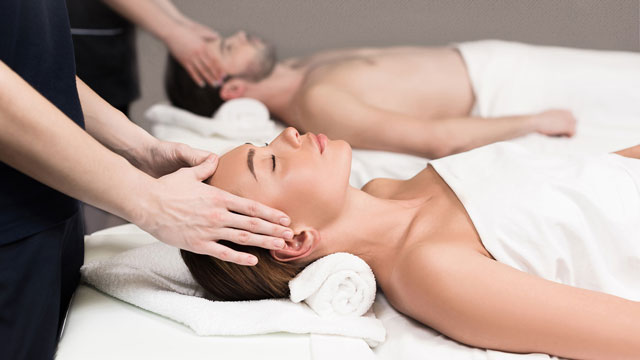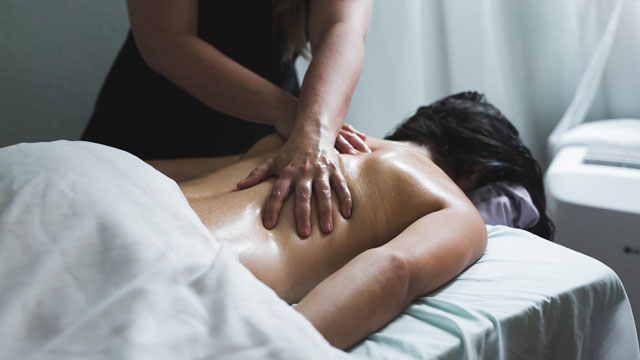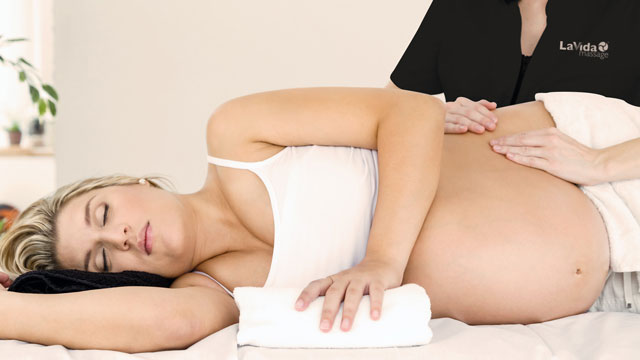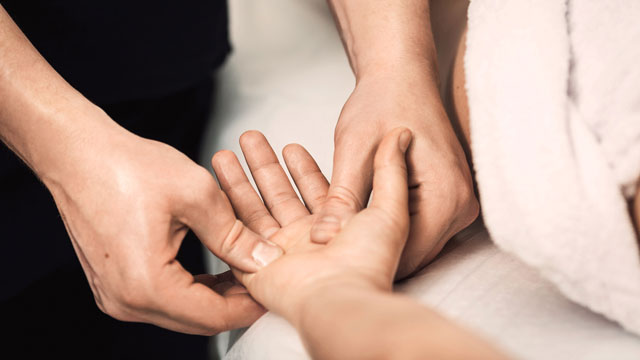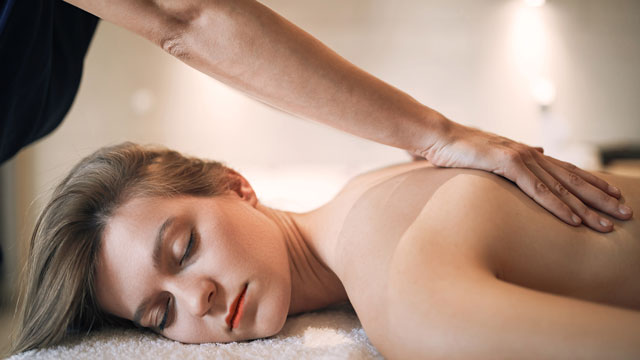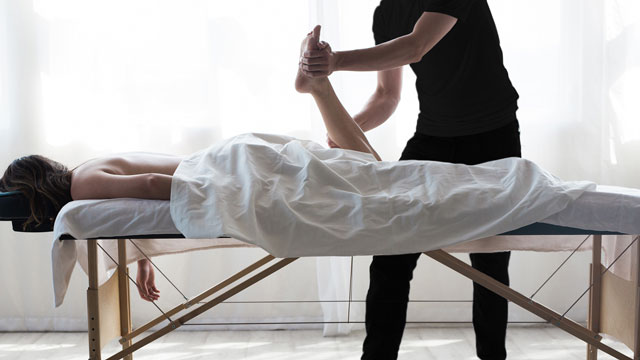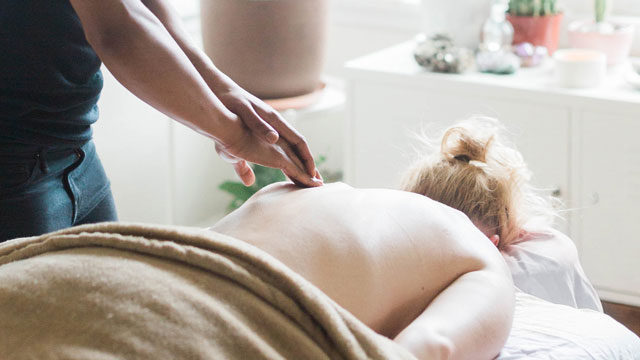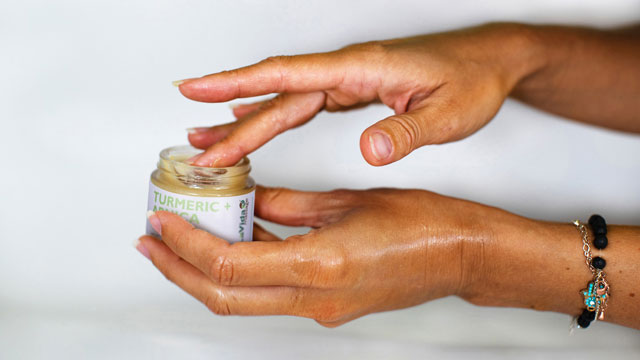Trigger Point Massage
 A trigger point otherwise often referred to as a “trigger site” or “muscle knot,” is a very tender spot in the body. Often, trigger points are isolated within a muscle group that when stimulated will cause shooting pain in other areas of the body. Trigger point pain is one of the most common ailments that affect the muscles in the human body and can often be one of the most painful. Trigger points may make themselves visible in the form of knots or tight bands of muscle fibers. Considering that an untreated trigger point is likely to cause increased pain in the future, the long-term benefit of the therapy outweighs the short-term pain associated with Trigger Point Therapy. As always, be sure to communicate immediately with your Massage Therapist if you are feeling pain or discomfort during your service.
A trigger point otherwise often referred to as a “trigger site” or “muscle knot,” is a very tender spot in the body. Often, trigger points are isolated within a muscle group that when stimulated will cause shooting pain in other areas of the body. Trigger point pain is one of the most common ailments that affect the muscles in the human body and can often be one of the most painful. Trigger points may make themselves visible in the form of knots or tight bands of muscle fibers. Considering that an untreated trigger point is likely to cause increased pain in the future, the long-term benefit of the therapy outweighs the short-term pain associated with Trigger Point Therapy. As always, be sure to communicate immediately with your Massage Therapist if you are feeling pain or discomfort during your service.
Benefits
An advantage of Trigger Point Therapy, when compared to other massage therapies that are used to manage and treat pain, is that it identifies and works on very specific points of the body.
Method
Trigger points typically occur in the shoulders, back, or hips. Depending on the location of a guest’s trigger points, the Massage Therapist will have the guest lie down in a way which is comfortable for them and easy for the Therapist to work on the area of concern. The Massage Therapist will then canvas the body to locate the exact location of the trigger points. After locating the trigger point(s), the Therapist will use several different techniques of varying pressure on and around the points to help break down the knot. Due to the direct pressure applied to the trigger point, this can be uncomfortable. Depending on the size of the trigger point, it may take several sessions with a Massage Therapist to be assured that the entire trigger point has been eliminated.
Post-Trigger Point Treatment
Once the trigger point has been effectively treated or removed, it is important for the guest to remain hydrated and drink plenty of water. Additionally, many Massage Therapists will recommend that you take an Epsom salt bath to assist with muscle soreness.



